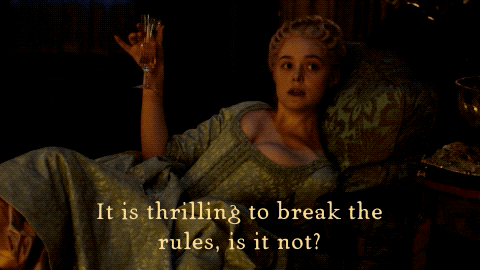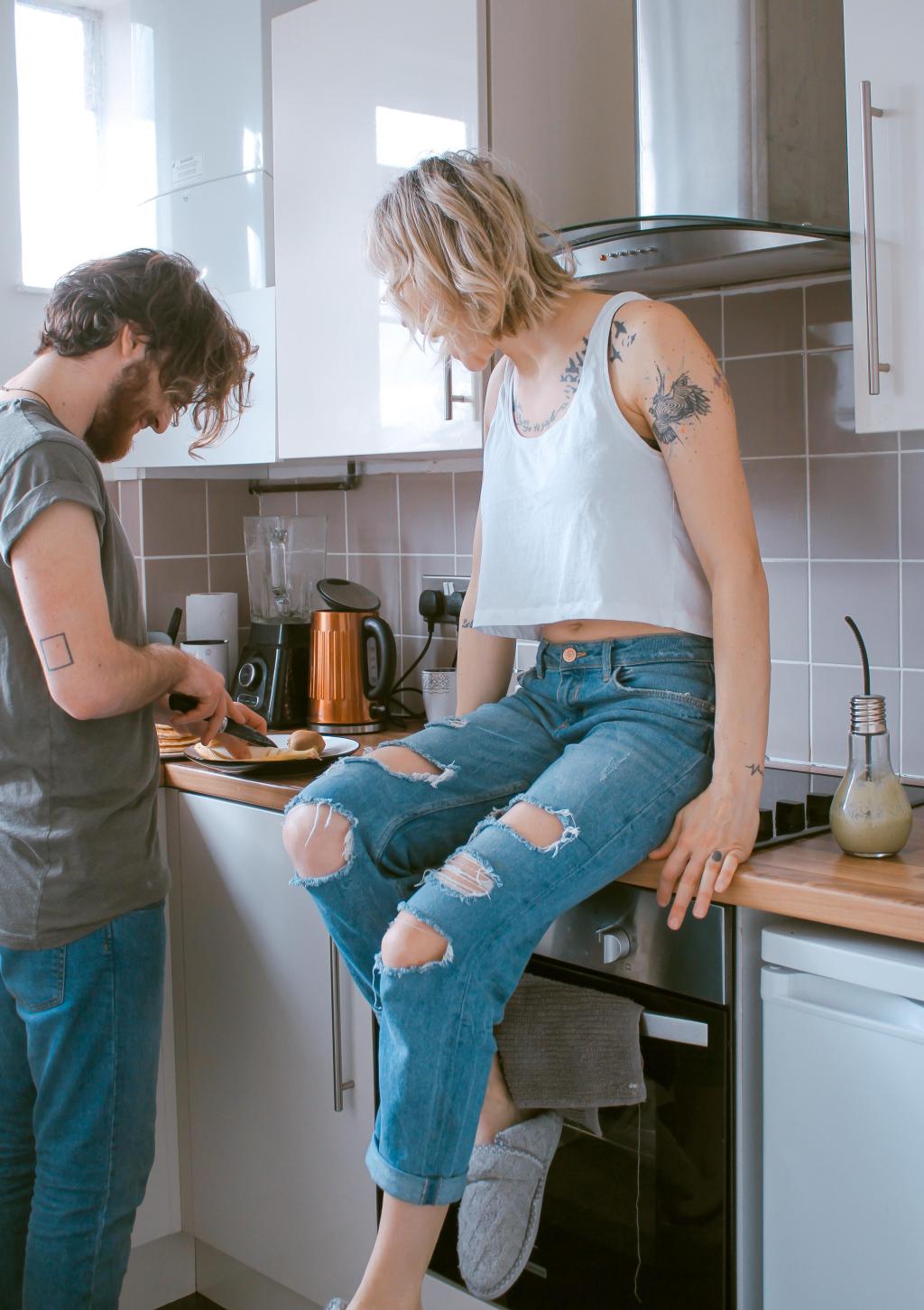When my boyfriend and I finally decided to sleep separately, we saw it as admitting defeat. We had fought long and valiantly—earplugs, sleep studies, some medicated chocolate, the whole nine yards—but in the end our love simply wasn’t strong enough to win in the battle against snoring and restless leg syndrome. Or at least, that’s what it felt like.
It didn’t help that by the time we had reached this decision, we were both so sleep-deprived that our home had turned into a war zone of irritability. We fought about everything. (I mean, clearly I was right about it all, but still!) It felt like maybe the only thing that truly had fallen asleep was our love for one another.
So as we shopped for an additional bed, it was hard to not worry whether or not this was simply a bad omen. A test we had failed. The beginning of the end.
But then that extra bed came. I call it our “inanimate couple’s counselor” for the way it saved our relationship.
With every passing night, I found myself less agitated, calmer and dare I say … happier. My boyfriend noticed the same effects. We even organically created a sweet morning and evening ritual that involved more cuddling and affection. The very thing we feared losing (our intimacy) had been revived. Improved, even.
After arriving at such bliss, it almost seems silly to think that we both tried to hold onto something that clearly wasn’t working, even at the expense of our health. And for what? To prove our everlasting love?
Apparently my boyfriend and I are far from outliers with this dilemma. Lots of people still think that separate beds means there’s a problem with the relationship.
Wendy M. Troxel Ph.D. is a senior behavioral and social scientist, internationally recognized for her work exploring the effects of sleep on health, the global economy and, of course, couples.
The question Troxel gets asked most frequently from concerned couples is, “Is it bad if my partner and I sleep apart?”
Short answer: no. And it might be time that we put this notion to bed.
The origin story of sleeping together = LOVE.

Troxel shares in an essay for the TED blog that until the sexual revolution, the term “sleeping together” had a much more literal meaning. And that shift in cultural attitudes still influences us to equate separate beds with a lack of passion.
But considering we spend more time sleeping than making love, perhaps it’s time to shift priorities and release ourselves from this society-prescribed torture. In my experience, love doesn’t thrive in obligation.
The science suggests that our relationships might be better after sleeping separately.

Troxel’s research indicates that being well rested helps improve communication and makes us happier, more empathetic, even more attractive and funnier—all skills that help contribute to a strong and lasting relationship.
Inversely, we all know how monstrous we can become after a sleepless night. I remember during one particularly rough morning I refused to kiss my boyfriend goodbye because I resented him and his snoring. It wasn’t my best moment.
Plus, finding a good sleep solution can be a majorly helpful exercise in problem-solving together, which is yet another cornerstone of relationship success.
Lots of couples (more than you may realize) are sleeping separately anyway.

According to a 2021 poll, around one-third of couples prefer solo sleep. This might have been a privilege previously only known to the wealthy few (not everyone could bed like kings and queens, after all) but it’s easier now more than ever to afford and fit in a second sleeping space.
I mean, my boyfriend and I live in L.A.—meaning a tiny apartment with a less-than-generous floor plan. But we purchased a cushy daybed for our living room, placed some plants around it and now call it the “Zen corner” when guests visit. So far, so good.
Plus, there are so many other ways to invite closeness other than sleeping together.

Working out, morning coffee cuddles, tucking each other in … the list goes on. And who knows? Maybe those new rituals will feel even better than sleeping together. Especially if you’re both in better moods.
And it’s not like there has to be 100% commitment to either strategy. My boyfriend and I still share the bed every once in a while. And now it feels extra special, rather than an obligation.Of course, the caveat to this is why you’re choosing to sleep in different spots in the first place. But if the intention is to take care of the relationship—rather than avoid it—then taking care of yourself, as we are learning more and more, is one of the first steps.
Bottom line: Rest is a necessity, not a luxury.

A healthy relationship is composed of two healthy people. And sleep absolutely affects our health. If it means doing so separately, who cares? What’s most important is that both partners are fulfilled, nourished and energized by more than caffeine.
Sleeping habits, like life, can be more of a choose-your-own-adventure, rather than a set of rules. Choose what feels best, and you often can’t go wrong.







































